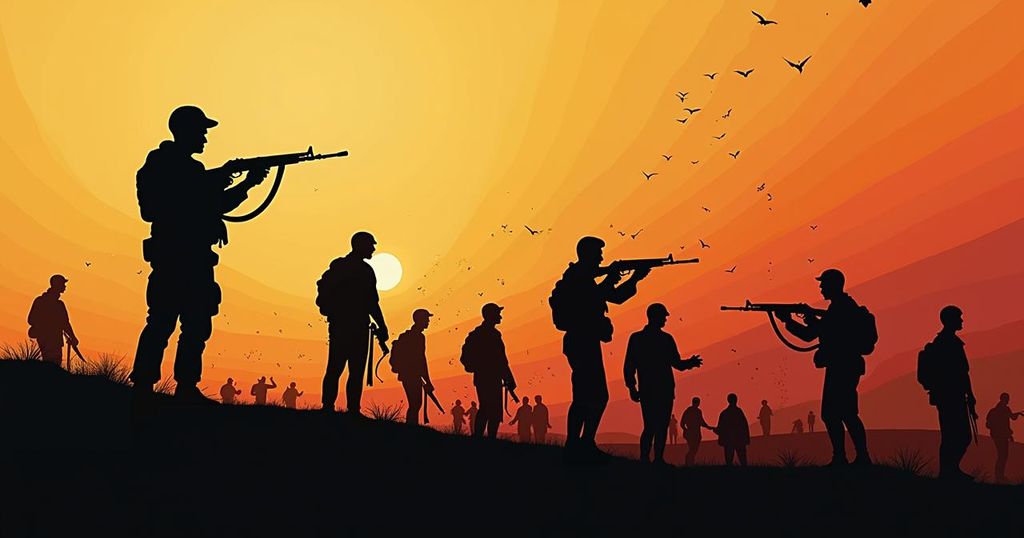Understanding the Israel-Hezbollah-Iran Conflict within Global Geopolitics
This article analyzes the geopolitical significance of the conflicts surrounding Israel, Hezbollah, and Iran, framing them within a new post-post-Cold War context, characterized by a battle between a coalition of inclusion advocating for collaboration and a coalition of resistance rooted in authoritarianism. Understanding these conflicts necessitates recognizing their implications for global alliances and regional stability.
To comprehend the significance of Israel’s recent confrontation with Hezbollah and its implications for nations such as Iran, Russia, North Korea, and even China, it is imperative to contextualize it within the broader geopolitical landscape that has emerged following the Cold War. In the aftermath of the Hamas offensive against Israel on October 7, I posited that we have transitioned beyond the Cold War paradigm; we find ourselves in what may be termed the post-post-Cold War era. This current geopolitical atmosphere is characterized by a dichotomy between an ad hoc “coalition of inclusion,” comprising nations—many of which may not qualify as democracies—that envision their future under a U.S.-led alliance promoting economic integration and cooperation to confront global challenges, including climate change, and a contrasting “coalition of resistance,” dominated by authoritarian states like Russia, Iran, and North Korea. These regimes rationalize their militarization and strict governance by depicting their opposition to the liberal world order led by the United States. China, meanwhile, occupies an ambiguous position, reliant on the economic opportunities afforded by the coalition of inclusion while reflecting the authoritarian tendencies and interests of the coalition of resistance. The conflicts in Ukraine, Gaza, and Lebanon must be viewed through the lens of this global struggle. Ukraine’s aspiration to leave Russia’s sphere and join the European Union is fundamentally a move toward the world of inclusion, while Israel and Saudi Arabia’s pursuit of normalizing relations is an effort to reinforce this coalition in the Middle East. Russia’s actions have sought to thwart Ukraine’s advancement towards the West (i.e., European Union and NATO), mirroring the attempts by Iran, Hamas, and Hezbollah to prevent Israel from integrating into the Eastern coalition alongside Saudi Arabia. The ramifications are profound: should Ukraine manage to align itself with the European Union, the vision of a “whole and free” Europe would be significantly solidified, leaving Vladimir Putin’s kleptocratic regime increasingly isolated. Conversely, if Israel and Saudi Arabia succeed in normalizing relations, the implications would be similarly transformative, as it would substantially fortify the coalition of inclusion in the Middle East and isolate Iran alongside its proxies, such as Hezbollah, the Houthis in Yemen, and Shiite militias in Iraq, all of which threaten regional stability.
The topic addresses the evolving nature of international relations in the context of contemporary conflicts, specifically focusing on the dynamics between Israel, Hezbollah, Iran, and other global players. Understanding these interactions provides insight into the broader geopolitical strategies at play in regions that have significant implications for international stability and security.
In conclusion, the ongoing conflicts involving Israel, Hezbollah, and their affiliations with powerful nations such as Iran, Russia, and North Korea represent a significant shift in international relations, illustrating a struggle between inclusivity and resistance in the global order. Observing the interactions among these parties through this lens enables a clearer understanding of the potential impacts on regional stability and global alliances moving forward.
Original Source: www.nytimes.com




Post Comment